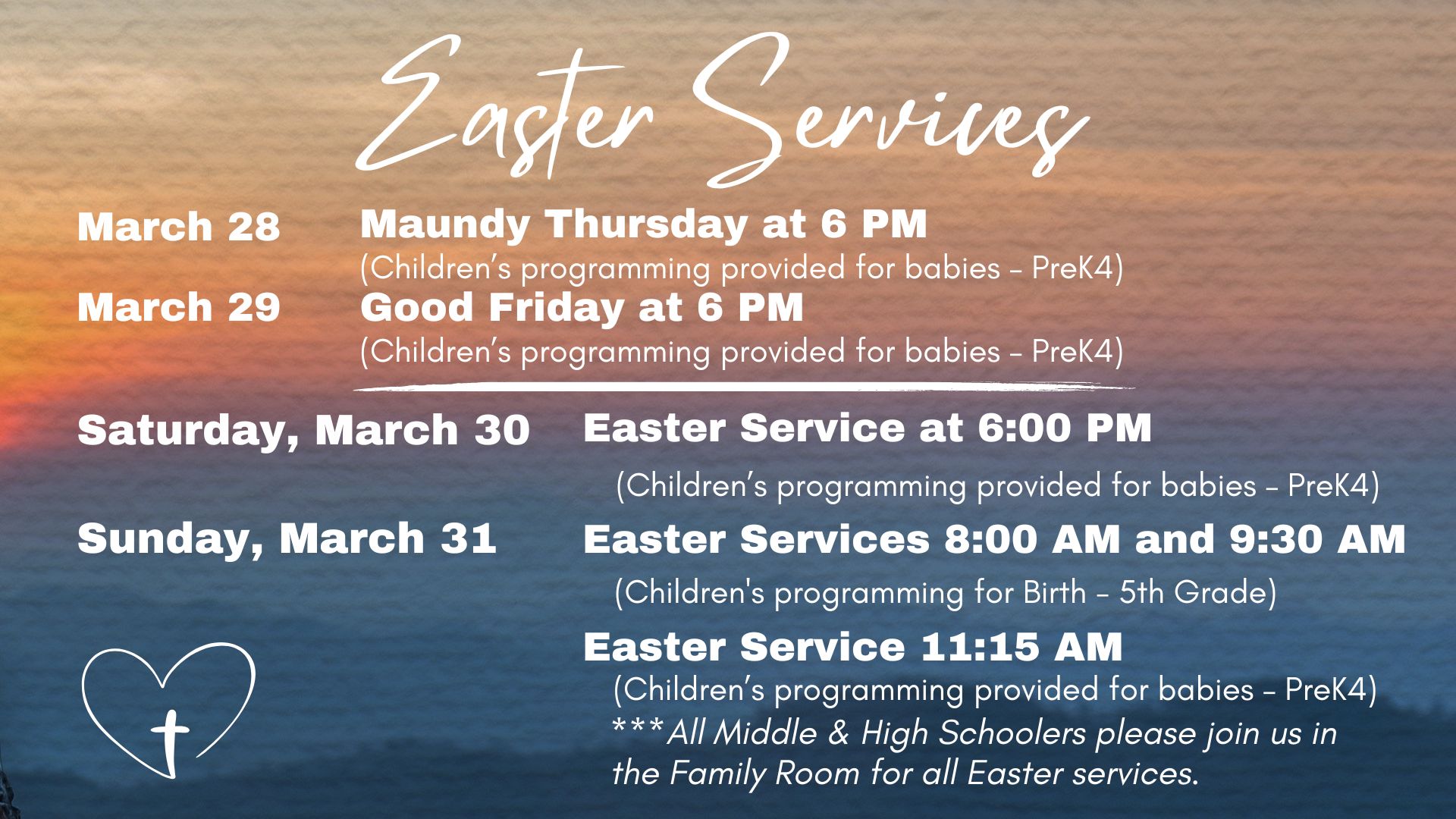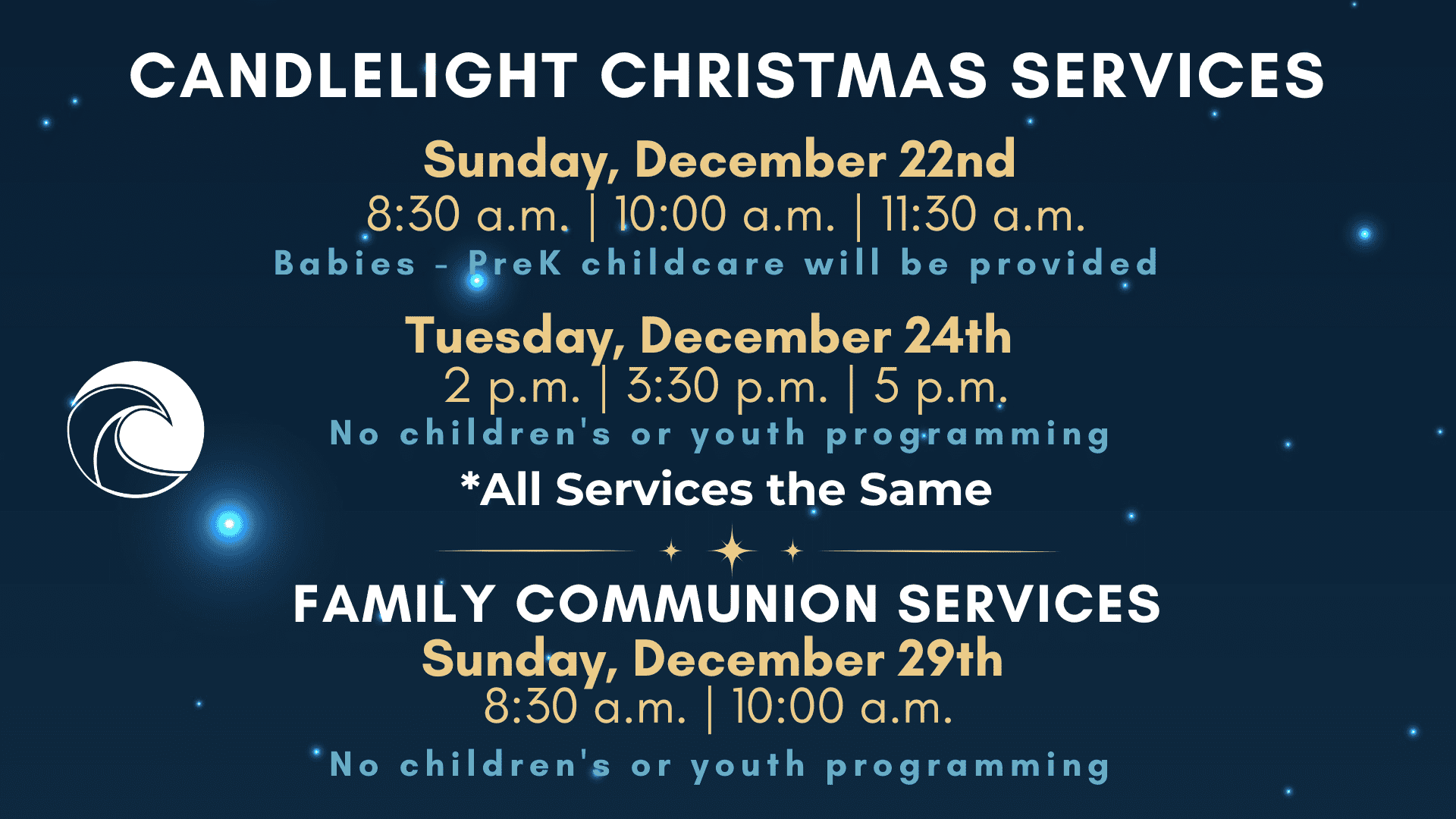Make Room 1
We do this every day without even thinking about it. We scoot over, add an extra place setting, hold the door on an elevator, rearrange the furniture, or move the cars in the driveway; we just naturally Make Room.
This Christmas, we invite you to Make Room for Christ. Preparing our hearts for the greatest gift ever given requires being intentional. Betrothed, Mary had big plans, yet she made room. Winding life down in her later years, Elizabeth made room. Studying the stars, the Magi saw something unexplained and made room. Its days of prominence had come and gone, yet, Bethlehem made room for a king in the most unlikely of places.
So, as you are Making room for all of the exciting moments this Christmas season will bring, we invite you to remember to Make Room for Christ.


